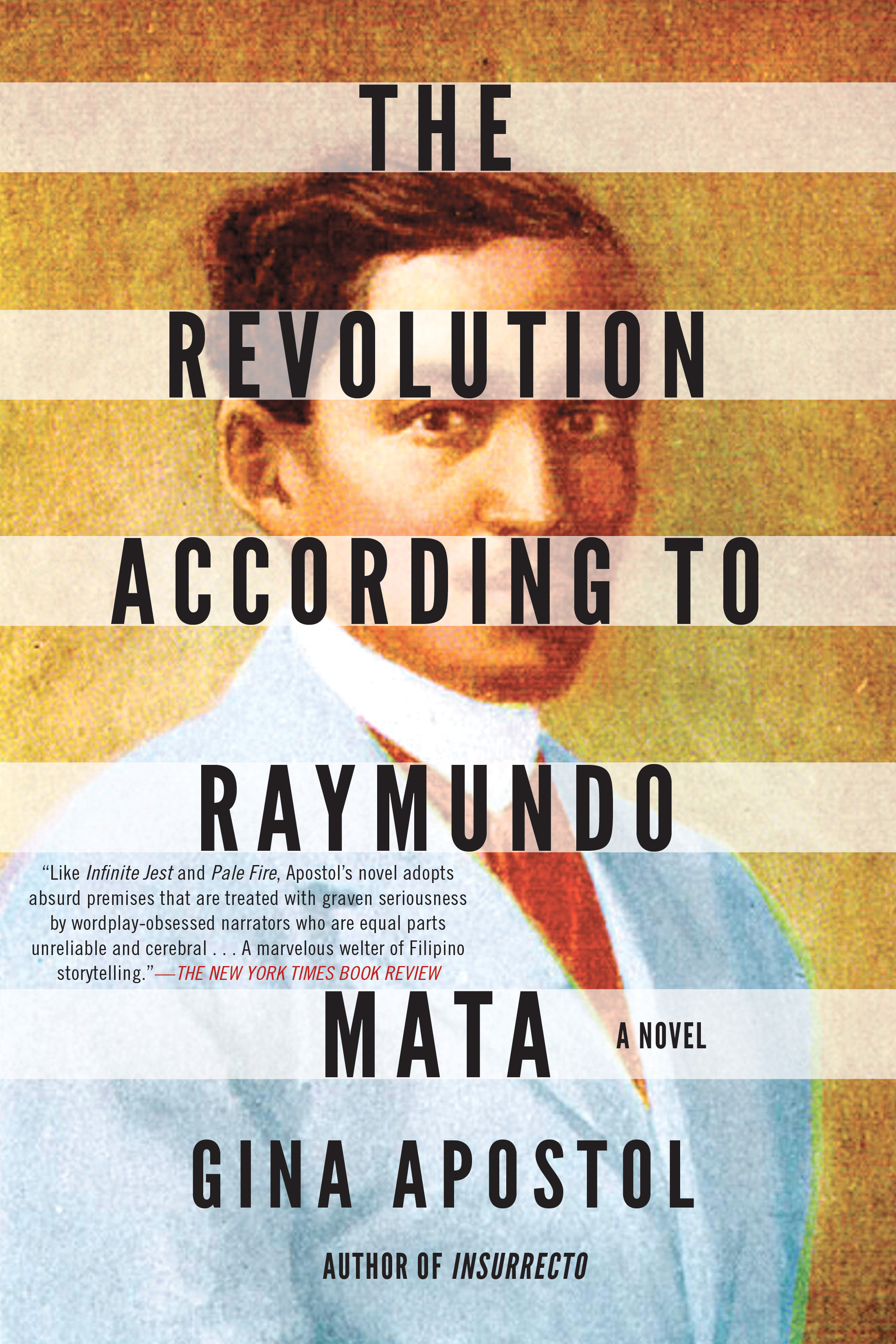
The Revolution According to Raymundo Mata
-- The Revolution According to Raymundo Mata offers an intoxicating blend of fact and fiction, uncovering lost histories while building dazzling, anarchic modes of narrative.
Browse Related Items
| Genre |
| Electronic books. |
- ISBN: 9781641291842
- Physical Description 1 online resource 360 pages
- Publisher [Place of publication not identified] : Soho Press, 2021.
Content descriptions
| General Note: | Electronic book. GMD: electronic resource. |
| Reproduction Note: | Electronic reproduction. [S.l.] Soho Press 2021 Available via World Wide Web. |
| System Details Note: | Format: Adobe EPUB Requires: cloudLibrary (file size: 1.1 MB) |
Additional Information

Publishers Weekly Review
The Revolution According to Raymundo Mata
Publishers Weekly
(c) Copyright PWxyz, LLC. All rights reserved
Filipino writer Apostol (Insurrecto) revises her playful 2009 novel, winner of the Philippine National Book Award and appearing in English for the first time, to highly entertaining effect. Framed as the expansive, postmodern memoir of visually impaired ophthalmologistRaymundo Mata, the book combines Mata's reminiscences of the 1890s revolution against Spanish colonial forces and his involvement with the secret revolutionary Katipunan society with references to revered real-life 19th-century nationalist Filipino writer Jose Rizal. In a note commenting on the new edition, Apostol describes the book's eccentric intricacies by noting how it was "planned as a puzzle: traps for the reader, dead end jokes, textual games, unexplained sleights of tongue." The narrative is studded with hilarious argumentative footnotes between an editor, a translator, and a scholar of Mata's work, producing dueling Nabokovian narratives: Mata's diaries and the conflicting commentaries, all suffused perfectly with Apostol's dense, demanding style. As the story of the revolution faces off with literary histrionics, all is resolved with a gut-punch conclusion. Apostol's unique perspective on facts versus fiction would make for a perfect Charlie Kaufman movie. (Jan.)


